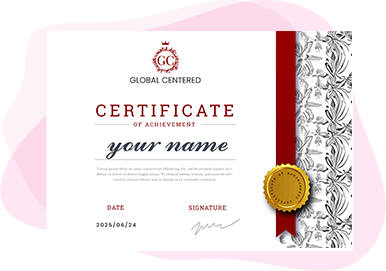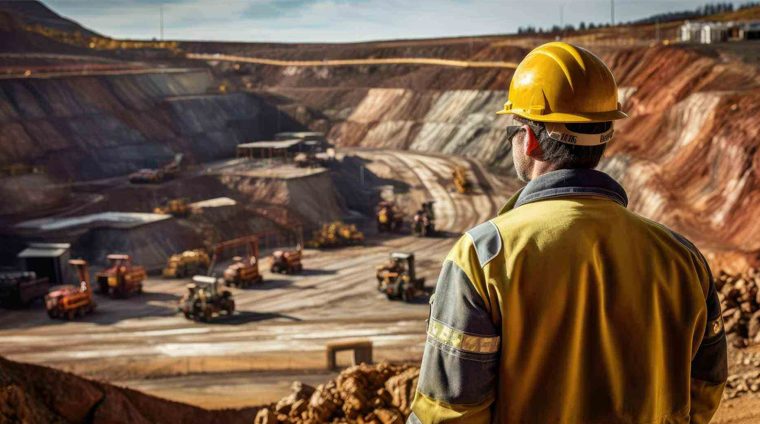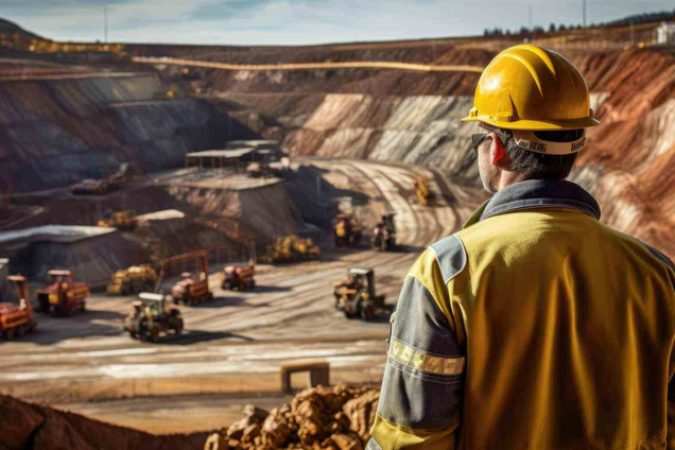GMHRM-Hydrogeology and Its Role in Mining Operations 02
Mar/2025
English
A course by
Description
Introduction
This intermediate-level course builds upon fundamental hydrogeology knowledge, focusing on advanced groundwater flow modeling, dewatering techniques, and risk assessment. Participants will gain practical insights into hydrogeological monitoring, numerical modeling, and water management strategies in mining operations.
Date
Day | Time | Price | Country |
|---|---|---|---|
Mon – Wed | 8:00 – 10:00 | $5/hrs | Turkey |
Tue – Thu | 18:00 – 19:00 | $5/hrs | Turkey |
Wed – Fri | 20:00 – 21:00 | $5/hrs | Turkey |
Sat – Sun | 18:00 – 19:00 20:00 – 21:00 | $8/hrs | Turkey |
This Training Course Will Highlight
- Advanced hydrogeological assessment techniques for mining projects.
- Groundwater modeling for resource estimation and dewatering design.
- Risk assessment and impact evaluation of mining on groundwater.
- Numerical simulation of groundwater flow in open-pit and underground mines.
- Environmental and regulatory considerations in mine hydrogeology.
Objectives
- Understand the basic principles of hydrogeology and its relevance to mining.
- Learn how groundwater interacts with ore deposits and mining operations.
- Gain knowledge of aquifer systems and hydrogeological site assessments.
- Develop an understanding of dewatering techniques and water control in mines.
- Recognize the environmental impact of mining on groundwater resources.
Training Methodology
- Instructor-led presentations on hydrogeology principles.
- Practical exercises on aquifer and groundwater flow modeling.
- Hands-on demonstrations of hydrogeological data collection techniques.
- Discussions on case studies from real-world mining operations.
- Interactive Q&A sessions on hydrogeology applications in mining.
- Case Study: Groundwater management in a gold or phosphate mining project.
Organizational Impact
- Enhances mine water management strategies for improved efficiency.
- Improves groundwater monitoring and compliance with environmental regulations.
- Strengthens technical knowledge of hydrogeological challenges in mining.
- Supports better decision-making in mine dewatering and water supply planning.
- Reduces risks associated with groundwater contamination and flooding.
Personal Impact
- Develops fundamental skills in hydrogeological data interpretation.
- Improves understanding of groundwater flow and aquifer characteristics.
- Strengthens ability to assess and manage water-related mining issues.
- Expands career opportunities in mineral exploration, mining hydrogeology, and water management.
- Builds confidence in handling and analyzing hydrogeological data.
Who Should Attend?
- Entry-level geologists and mining engineers.
- Hydrogeologists and environmental specialists in mining operations.
- Mine planners and water resource managers.
- Government and geological survey personnel.
- Undergraduate geology, mining, and environmental science students.
- Technical staff in mining companies and environmental consulting firms.
- Professionals transitioning into hydrogeology and water management in mining.
Course Outline
Day 1
Advanced Hydrogeological Characterization of Mining Sites- Aquifer properties and hydraulic conductivity assessment.
- Hydrostratigraphic modeling and groundwater dynamics in mining.
- Hydrochemical evolution and water-rock interactions.
- Well installation and groundwater monitoring best practices.
- Analyzing seasonal variations in groundwater systems.
- Hydrogeological assessment for a large-scale gold mining project.
Day 2
Mine Dewatering and Groundwater Control Strategies- Hydrogeological considerations in pit slope stability.
- Optimizing dewatering systems for different mine types.
- Predictive modeling of mine inflow rates and water balance.
- Groundwater drawdown effects and mitigation strategies.
- Numerical modeling of dewatering impacts on regional hydrology.
- Dewatering and pit slope stability management in a bauxite mine.
Day 3
Groundwater Contamination and Impact Assessment in Mining- Sources and types of groundwater contamination in mining operations.
- Geochemical processes influencing water quality in mining regions.
- Acid mine drainage (AMD) prediction and prevention strategies.
- Heavy metal leaching and its impact on groundwater systems.
- Water quality monitoring programs for mine sites.
- Groundwater contamination management in a phosphate mining operation.
Day 4
Hydrogeological Modeling and Risk Assessment for Mining Projects- Concepts and applications of groundwater flow modeling in mining.
- Use of software (MODFLOW, FEFLOW) for numerical groundwater simulations.
- Model calibration, validation, and scenario analysis for mining projects.
- Assessing risks of flooding, seepage, and subsidence in mining hydrogeology.
- Hydrogeological risk mitigation strategies and best practices.
- Predictive modeling of groundwater inflow for a gold mining project.
Day 5
Sustainable Water Management and Regulatory Compliance- Water balance assessments and mine water management planning.
- Best practices for sustainable water use in mining operations.
- Hydrogeological considerations in mine closure and rehabilitation.
- Regulatory frameworks for groundwater management in mining.
Cancellation policy
no refund is accepted
Certificate


Free
Skill level Intermediate
100% positive reviews
Language: English
Assessments: Self
Step Into a World of Knowledge and Growth
Imagine a place where learning is not just about theory
Courses you might be interested in
Introduction This advanced training course is designed for senior hydrogeologists, mining engineers, and water resource managers who require expertise in advanced groundwater modeling, geochemical processes, dewatering system optimization, and regulatory...
-
0 Lessons
Free
Introduction This course provides a fundamental understanding of hydrogeology and its significance in mining operations. Participants will learn about groundwater flow, aquifers, and water management in mining projects, with a...
-
0 Lessons
Free
Free

